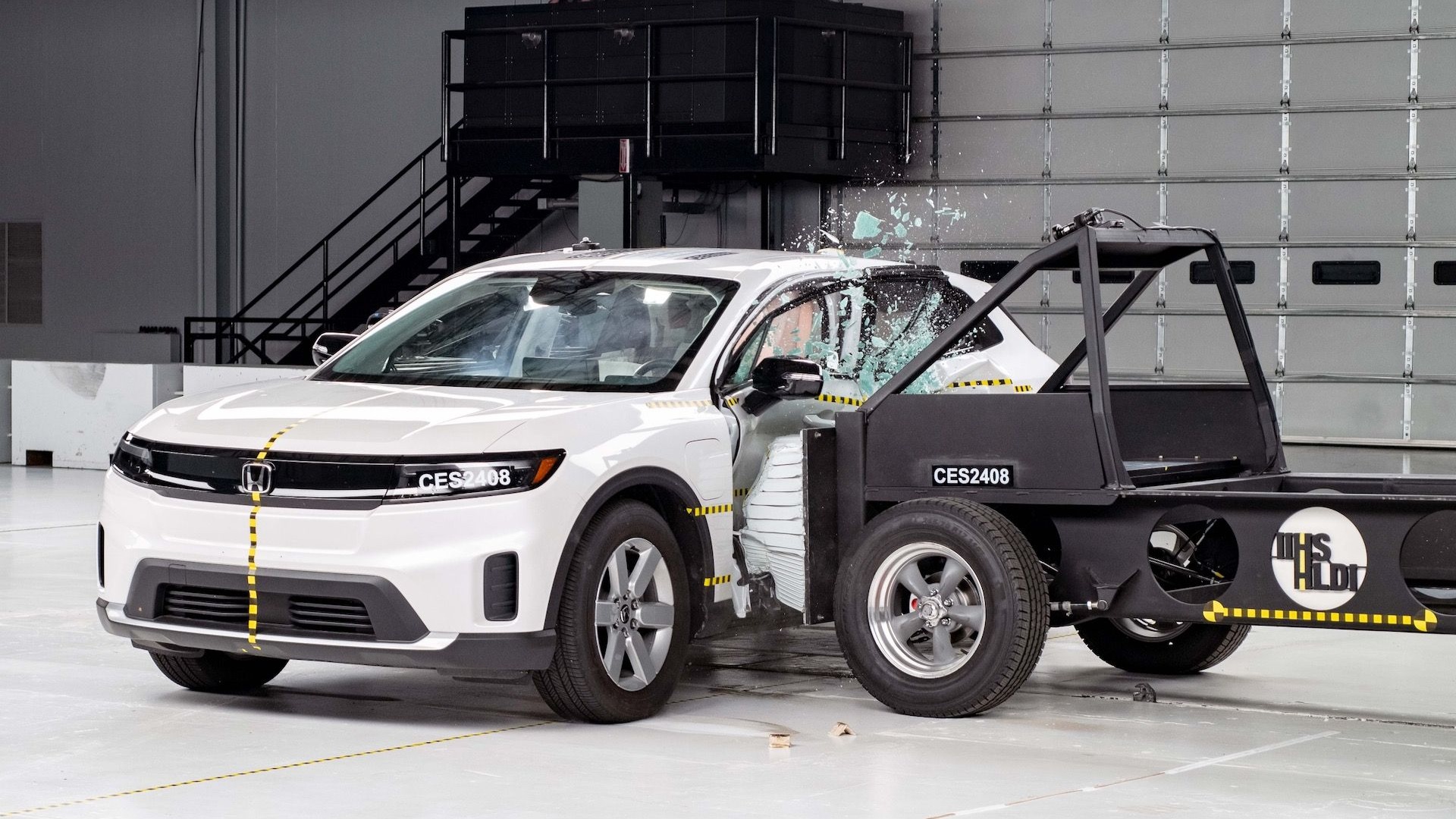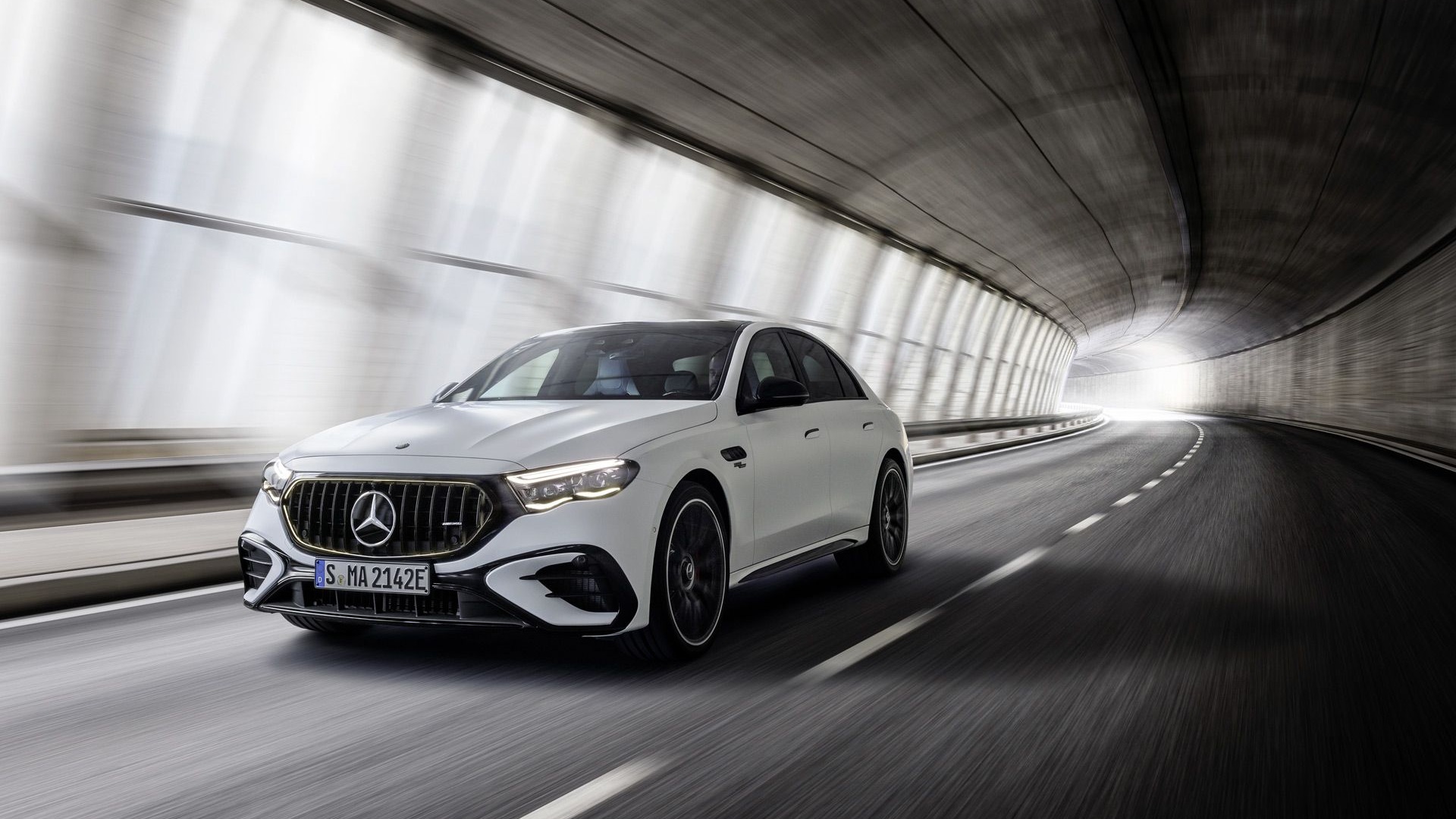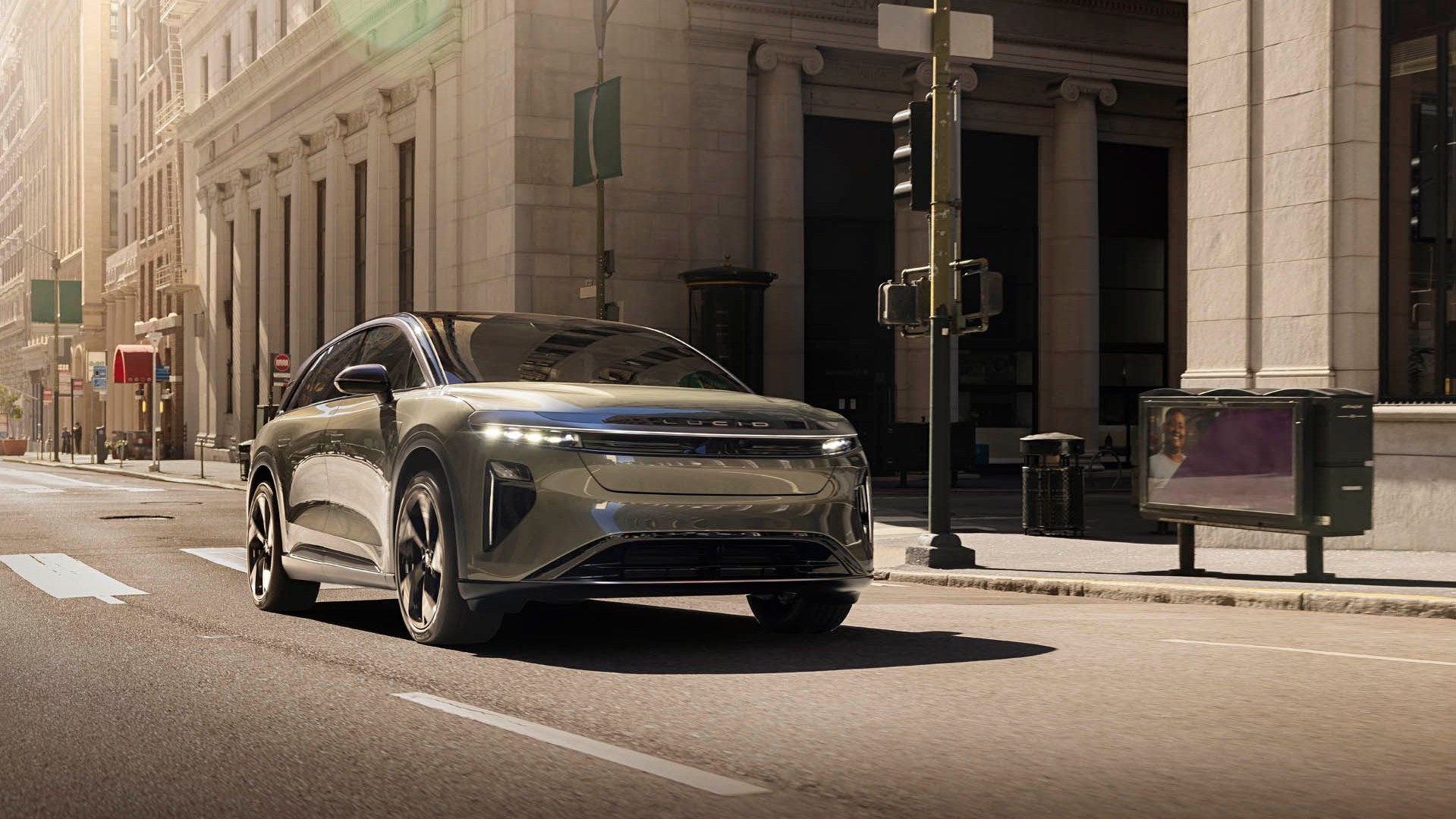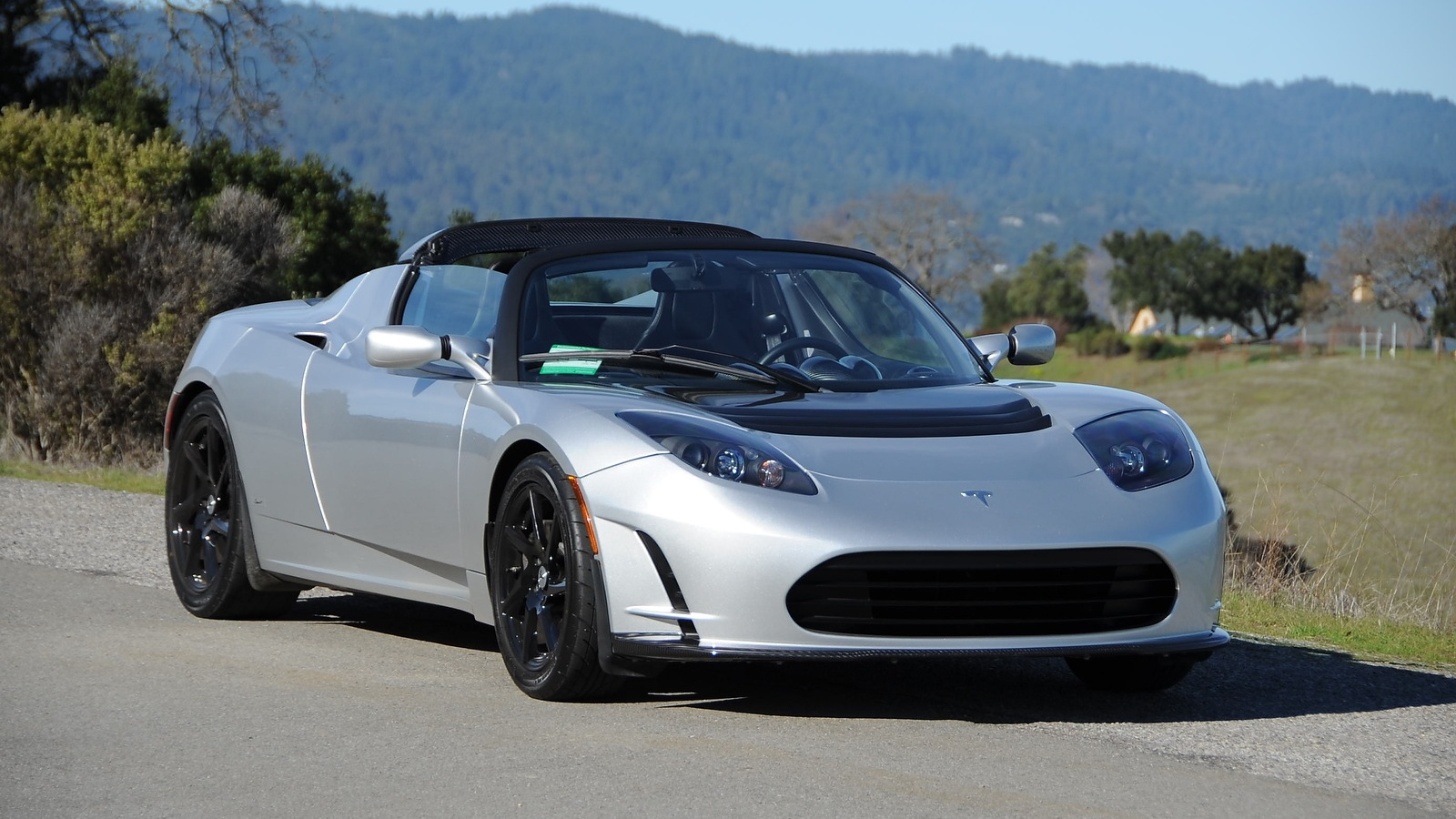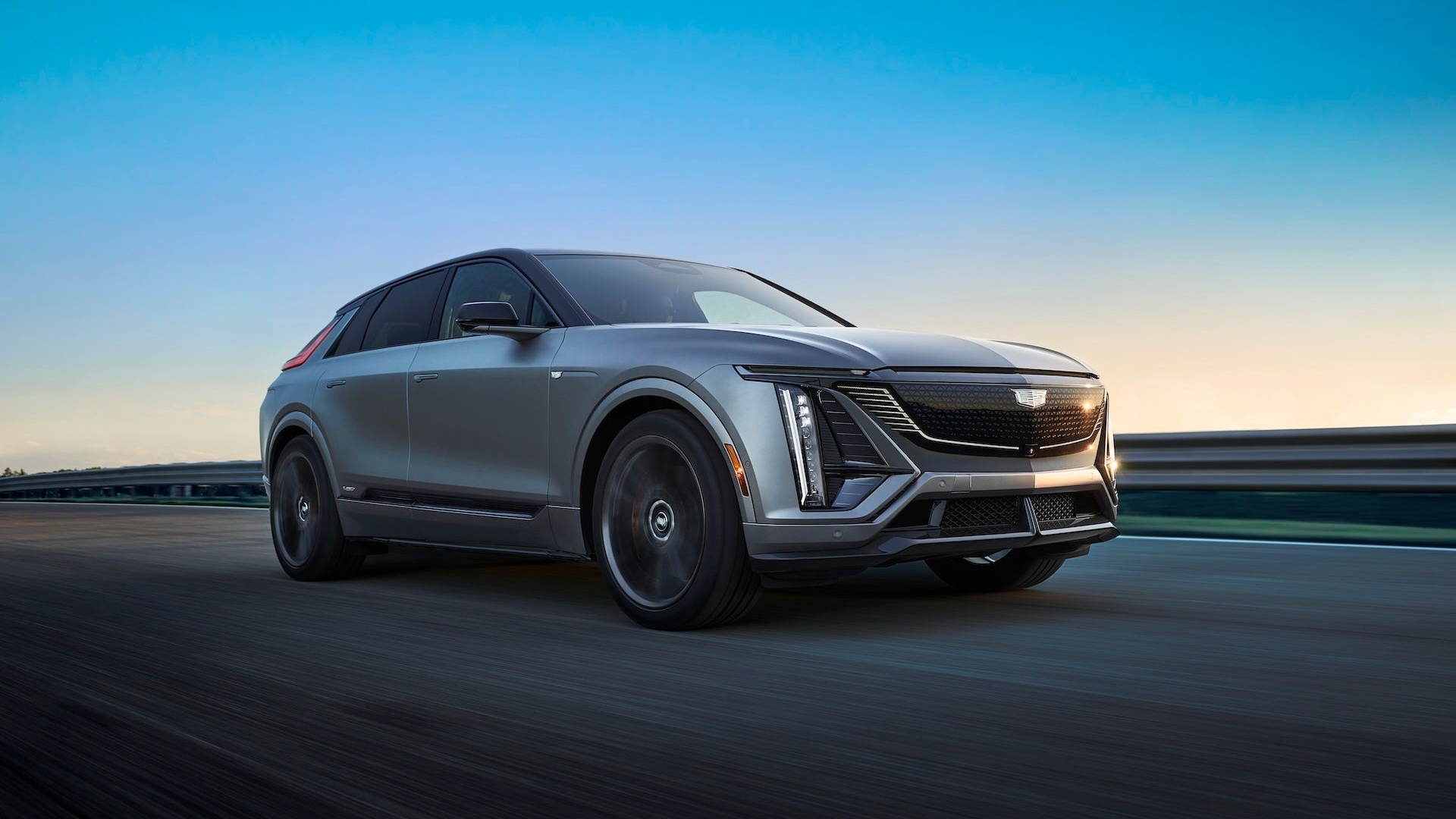The U.S. EV market grew significantly in the first half of 2023, but the average EV buyer still has very strong credit, a new study found.
The study, conducted by credit giant TransUnion with S&P Global Mobility, found that high average credit scores for EV buyers remained the norm between the second quarter of 2022 and the same period in 2023.
So despite 5.6% growth in the U.S. EV market during the period studied, conclusions haven't changed from a 2022 report in which TransUnion found that EV buyers have far better credit than buyers of internal-combustion cars.

Genesis dealership in Lafayette, Louisiana
The latest study found an average credit score of 774 for mainstream EV buyers, with more than 60% in the super prime credit risk range, a profile that more closely matches buyers of luxury cars—EV or internal-combustion—than buyers of mainstream gasoline cars, according to TransUnion.
And while 5% of mainstream internal-combustion car buyers fell into the subprime risk range, only 1% of mainstream EV buyers fell into that category, again in line with the 1-2% of luxury car buyers (both EV and internal-combustion).
TransUnion also concluded that there's been a lot of growth in EV leasing, even as the overall leasing market has remained below its pre-pandemic size. Leasing remained flat in the first half of 2023 compared to the same period in 2022 for mainstream internal-combustion vehicles, the study found. But in the first half of 2023, 22% of mainstream EVs were leased, compared to 9% in 2022.

Honda future dealership design for selling EVs - 2022
The surge in EV leasing is something Green Car Reports noted in October. A preliminary analysis suggested the market turn has been spurred by the $7,500 Commercial Clean Vehicle Credit, or the EV tax credit loophole as many have called it. This allows automakers with captive leasing companies to claim a $7,500 credit—the same amount as the full federal EV tax credit for individual sales—and pass savings along to a customer.
This allows automakers to claim a similar discount for imported or luxury-priced EVs that don't qualify for the real tax credit.
All of this should help soften dealer attitudes toward EVs, as it could mean more customers with better credit in their showrooms. As TransUnion and others have suggested before, dealers are perhaps leaving a lot on the table in not supporting EVs more than they do—with chargers, EV accessories, and more.


